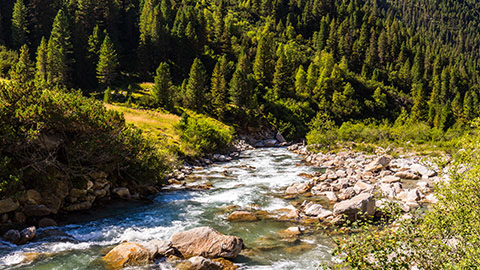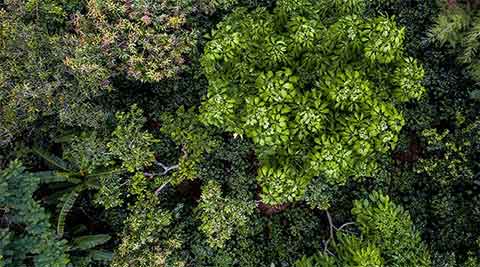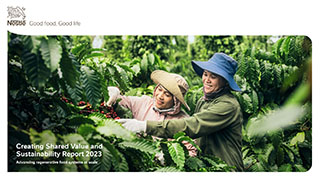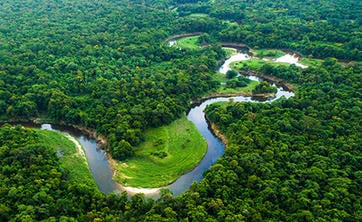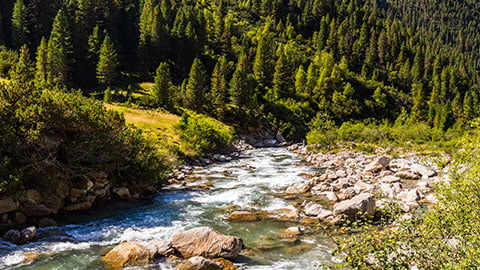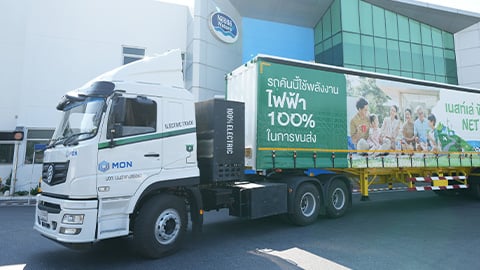Our approach to nature, biodiversity and the environment

Protecting and restoring biodiversity in our supply chains and operations.
The global food system, nature and climate change are intrinsically linked. Our approach includes strategies that can help protect and restore biodiversity, empower communities and reduce greenhouse gas emissions, even as we continue to grow.
Our actions to support nature and biodiversity
Supporting nature to address climate change
The conversion of natural landscapes for ingredients in our supply chain is among the main contributors of greenhouse gas emissions.
We are working to help safeguard natural resources, in particular forests, which support much of the planet’s biodiversity. We do this through our Forest Positive strategy which set out our aims source commodities that are assessed deforestation-free as well as how we should engage Indigenous peoples and local communities as the best stewards of biodiverse lands, in many regions of the world. Our Global Reforestation Program supports landscape initiatives in our sourcing locations.
To help further strengthen biodiversity, water resources and soil health, we support scaling up regenerative agricultural practices, supported by The Nestlé Agriculture Framework.
Our Net Zero Roadmap: Helping to tackle the climate crisis
The Net Zero Roadmap is our detailed and timebound plan to achieve net zero. Yet aspects of it, such as responsible sourcing (e.g., deforestation-free supply chains), cleaner logistics (helping to reduce air pollution) and removing carbon from the atmosphere (by helping to habitats, planting hedges, windbreakers or riparian buffers, etc.) all have the potential to contribute to nature and benefit the communities whose livelihoods depend on healthy ecosystems.



